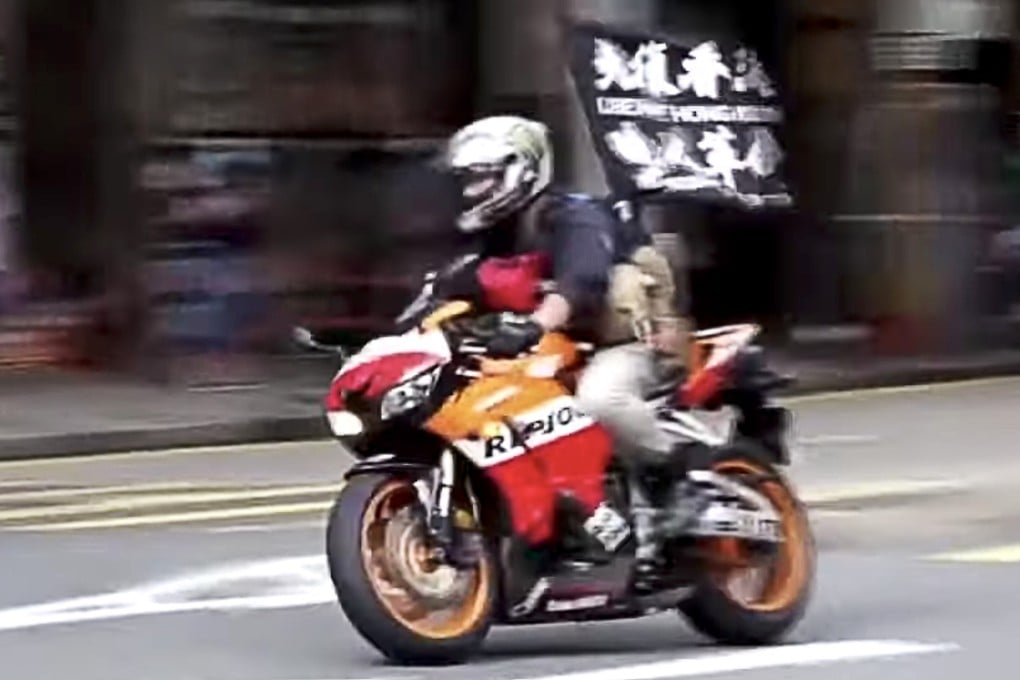Editorial | More clarity required following judgment in first Hong Kong security law trial
- A court’s broad interpretation of actions taken by a motorcyclist and the meaning of a slogan on a flag he displayed has answered some questions but raised others

The passing of the national security law more than a year ago marked the beginning of a new era for Hong Kong’s legal system. The law, enacted by Beijing, is expressed in wide terms and many questions have arisen over its application.
The first trial under the legislation was much anticipated. There were hopes the ruling of the court would shed light on the law’s implementation and scope.
A panel of three judges convicted Leon Tong Ying-kit, 24, of inciting secession and terrorism. He faces a sentence of up to life imprisonment.
The 62-page judgment shed some light on the judicial approach likely to be adopted to the law. But many questions remain.

02:10
Man found guilty in Hong Kong’s first national security law trial
Tong rode a motorcycle through police check lines in Wan Chai during protests on July 1 last year, a day after the passing of the security law. He ignored calls to stop and eventually collided with officers, injuring three of them.
